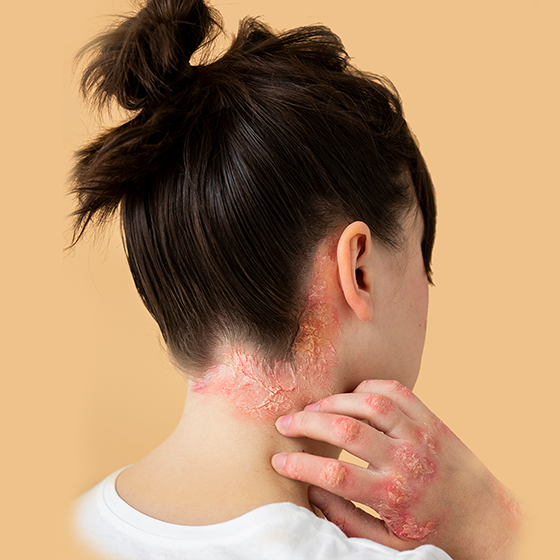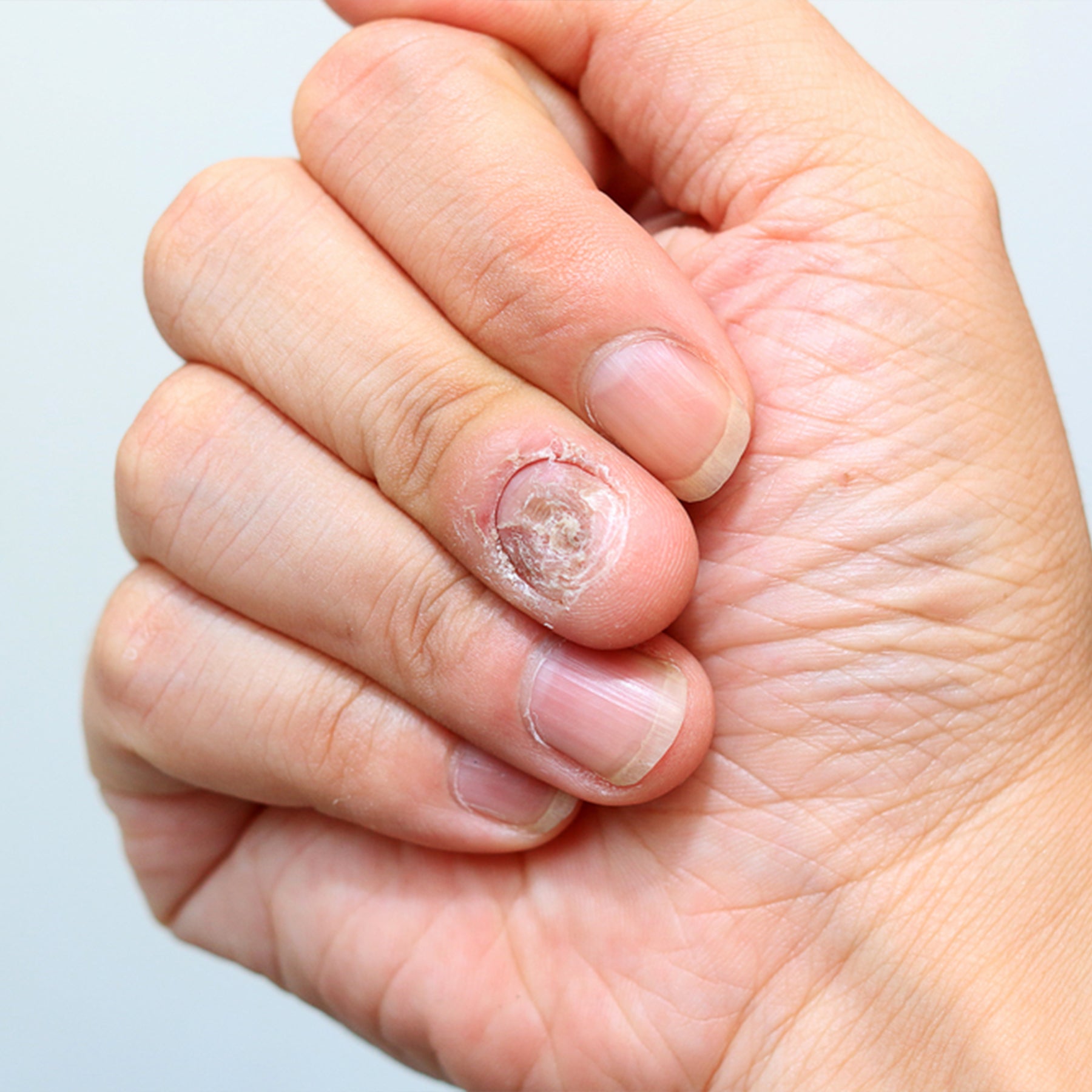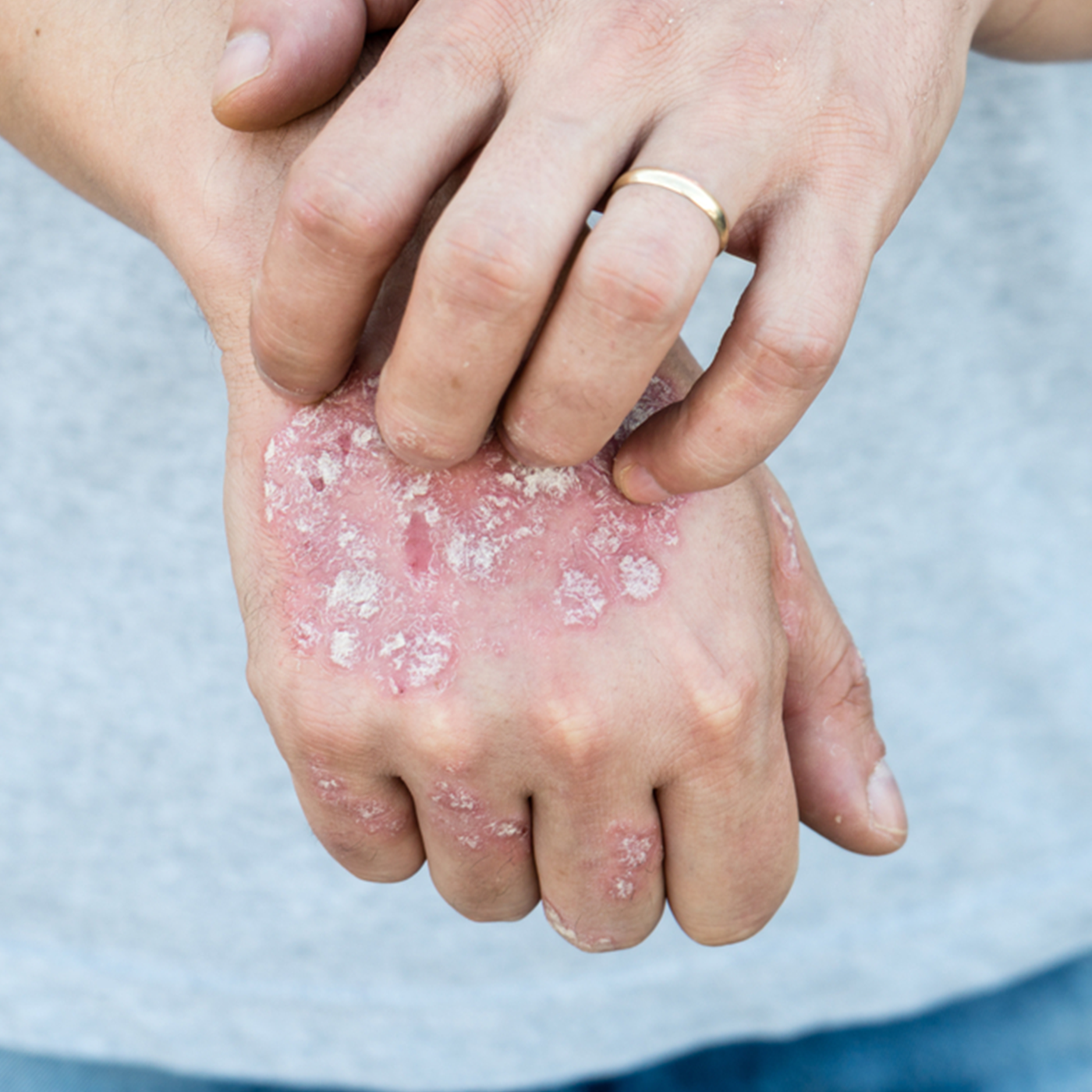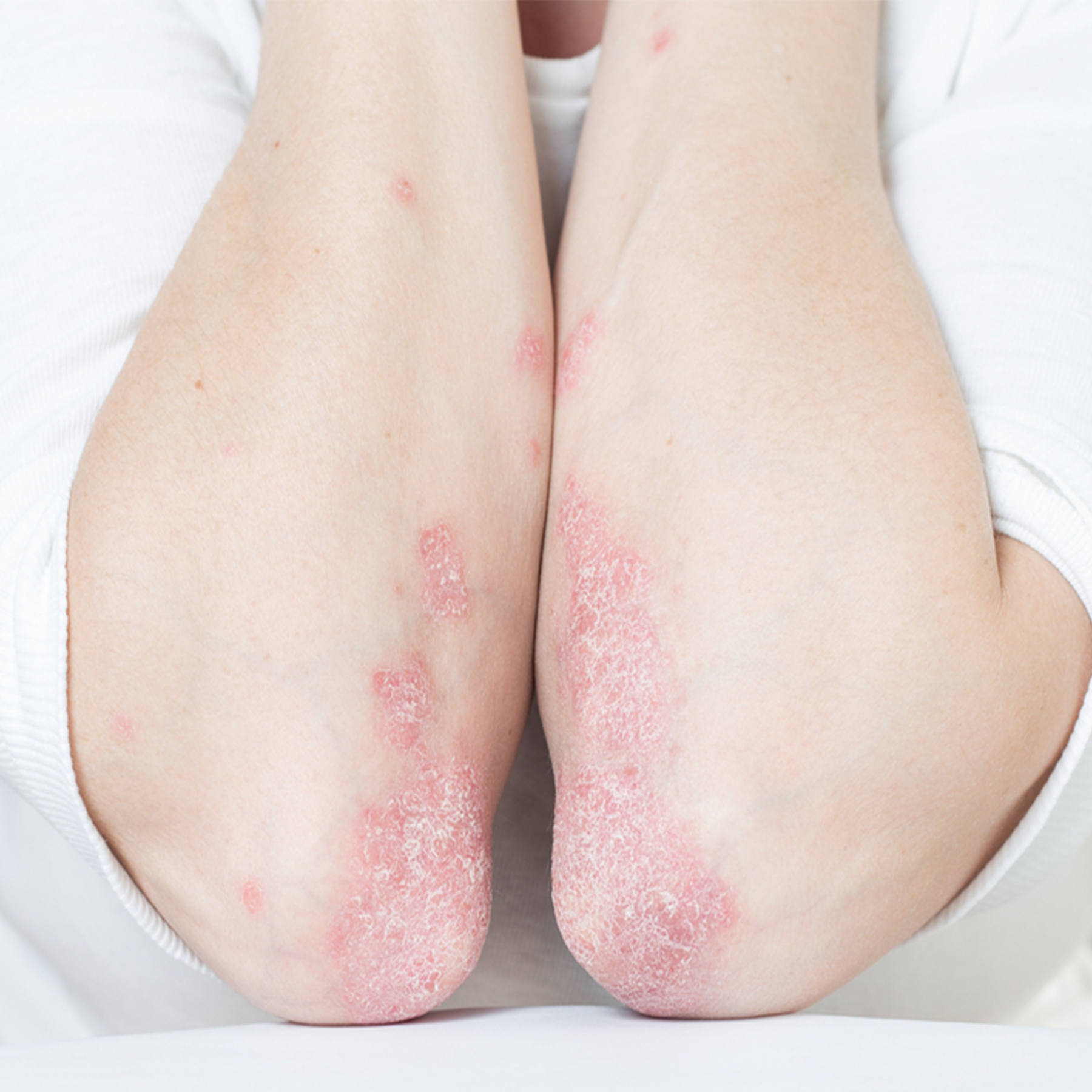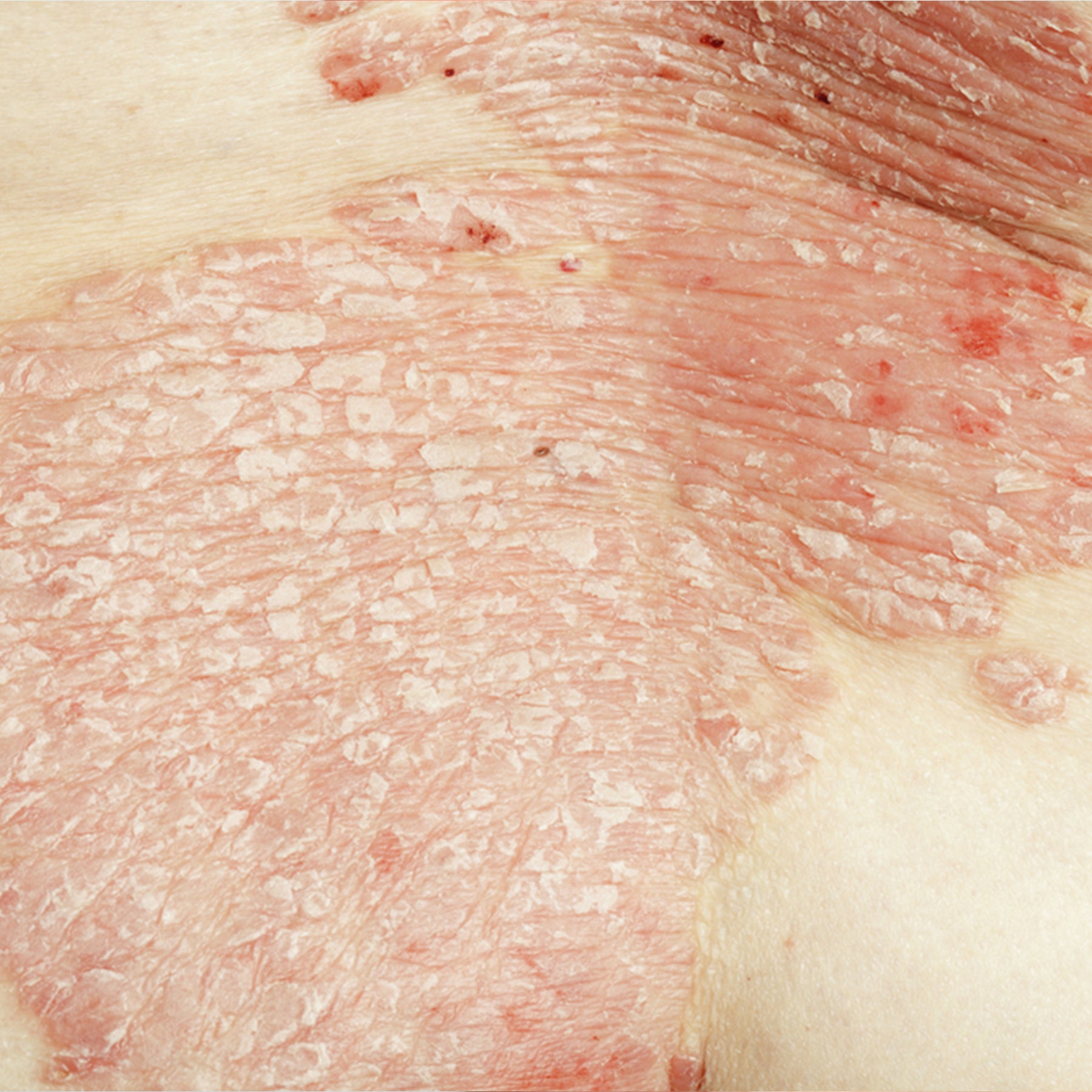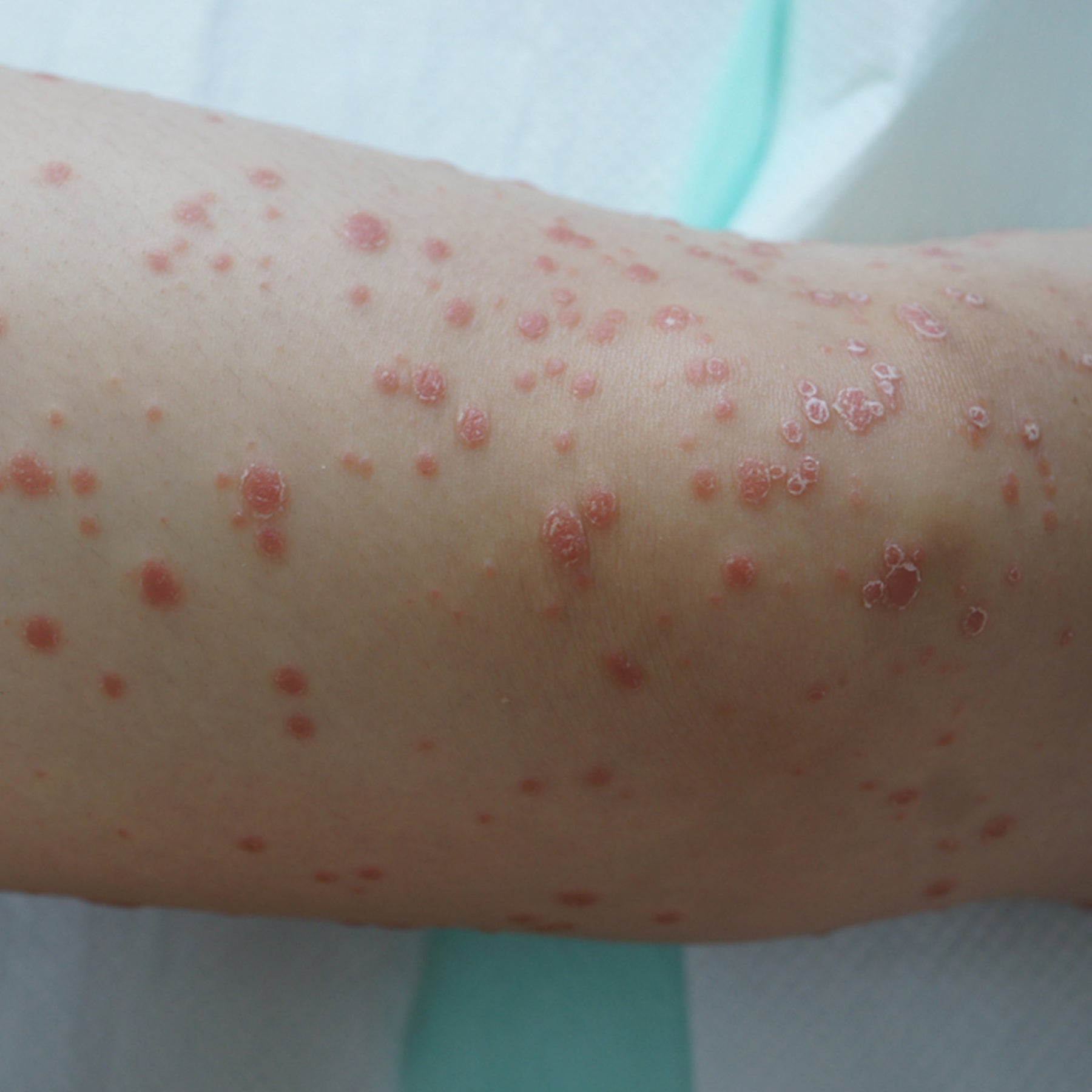Acne is one of the most common skin concerns, affecting millions worldwide. It appears when hair follicles become clogged with oil, dirt, and dead skin cells, leading to pimples, blackheads, or cysts. Though acne is often associated with puberty, people of all ages can experience it due to hormonal imbalances, poor diet, stress, and improper skincare.
While acne is not harmful, it can affect self-esteem and confidence. Understanding the causes of acne, what to avoid, and effective home remedies can help you achieve clearer skin.

Causes of Face Acne:
Acne can be caused by a combination of internal and external factors. Here are the most common reasons:
1. Excess Oil Production (Sebum)
Our skin naturally produces oil to stay hydrated, but excess oil can clog pores and create an environment for acne-causing bacteria to thrive. Oily skin types are more prone to breakouts.
2. Hormonal Imbalance
Hormones play a key role in acne development. Teenagers, pregnant women, and individuals with PCOS (Polycystic Ovary Syndrome) often experience breakouts due to hormonal fluctuations. Androgens, a type of hormone, increase oil production, leading to acne.
3. Bacteria & Dirt
When bacteria get trapped in clogged pores, it leads to inflammation, resulting in red, swollen pimples. Not cleansing the face properly or touching the face frequently transfers bacteria, worsening acne.
4. Unhealthy Diet
Foods high in sugar, dairy, and processed ingredients may trigger acne by causing inflammation and increased sebum production. Studies suggest that foods with a high glycemic index (such as white bread and sugary drinks) may worsen breakouts.
5. Stress & Lack of Sleep
Stress increases the hormone cortisol, which stimulates oil glands and contributes to acne flare-ups. Inadequate sleep also disrupts the body’s natural healing process, affecting skin health.

What to Avoid for Clear Skin?
Certain lifestyle and skincare habits can worsen acne. Here are things you should avoid to keep your skin healthy:
1. Touching Your Face Frequently
Your hands carry bacteria that can transfer to your skin, leading to breakouts. Avoid touching, picking, or popping pimples, as this can cause scars and infections.
2. Using Harsh Skincare Products
Alcohol-based toners, strong exfoliants, and overly drying face washes strip away natural oils, leading to irritation and more oil production—which can worsen acne.
3. Eating Junk & Dairy Products
Excess fried foods, sugar, and dairy can trigger inflammation, increasing the risk of acne. Try to maintain a balanced diet rich in fruits, vegetables, and whole grains.
4. Overwashing Your Face
Washing your face more than twice a day can strip essential oils, making the skin overcompensate by producing more oil—leading to more breakouts.
5. Sleeping with Makeup On
Leaving makeup on overnight clogs pores and prevents the skin from breathing, resulting in acne and dullness. Always cleanse your face before bed.

Effective Home Remedies for Acne
While medical treatments are available, home remedies can also be effective in reducing acne naturally. Here are some simple yet powerful remedies:
1. Turmeric & Honey Mask
-
Turmeric has antibacterial properties that help kill acne-causing bacteria.
-
Honey soothes the skin and reduces redness.
-
Mix 1 tsp turmeric with 1 tbsp honey, apply it for 15 minutes, then rinse.
2. Aloe Vera Gel
-
Aloe vera has anti-inflammatory and hydrating properties, making it great for soothing acne and reducing scars.
-
Apply fresh aloe vera gel directly to the skin twice a day for best results.
3. Tea Tree Oil Spot Treatment
-
Tea tree oil is a natural antiseptic that fights acne-causing bacteria.
-
Dilute 2–3 drops of tea tree oil in a carrier oil (like coconut oil) and apply it to acne spots using a cotton swab.
4. Neem Paste
-
Neem is known for its antibacterial and anti-inflammatory benefits.
-
Make a paste using fresh neem leaves and water, apply for 10–15 minutes, and rinse.
5. Ice Therapy
-
Applying an ice cube wrapped in a cloth can reduce swelling, redness, and pain caused by acne.
-
Gently press on affected areas for 1–2 minutes at a time.

Additional Skincare Tips for Acne-Prone Skin:
-
Use Gentle, Fragrance-Free Products – Choose mild cleansers and lightweight, non-comedogenic moisturizers.
-
Stay Hydrated – Drinking plenty of water flushes out toxins and keeps your skin hydrated.
-
Apply Sunscreen Daily – Sun exposure can worsen acne scars, so use an oil-free sunscreen with SPF 30+.
-
Maintain a Healthy Diet – Include omega-3 fatty acids, zinc, and vitamin A-rich foods for better skin.
-
Manage Stress – Practice yoga, meditation, or deep breathing exercises to reduce stress-related acne.
Acne can be stubborn, but with proper skincare, a balanced diet, and the right habits, you can control and reduce breakouts. Avoiding harsh skincare products, excessive junk food, and stress while following natural remedies and a healthy lifestyle can significantly improve your skin.
If acne persists despite home remedies, consulting a dermatologist for specialized treatment is recommended. Clear and healthy skin is possible with patience, care, and the right approach!

